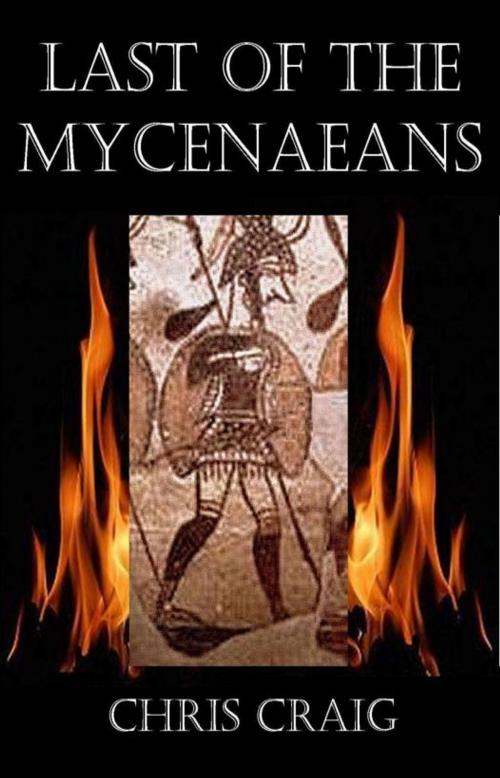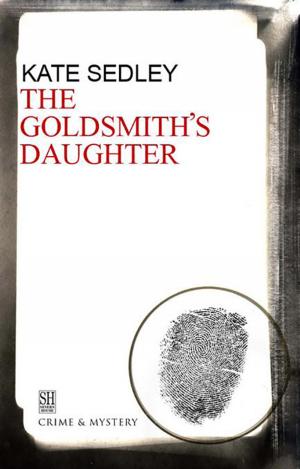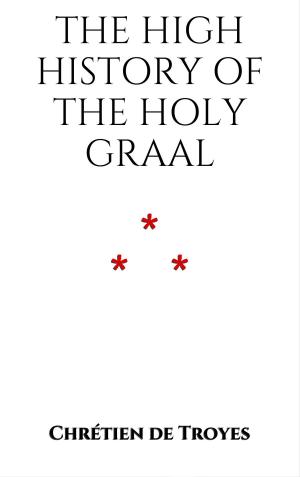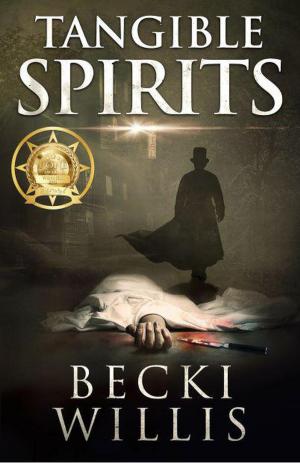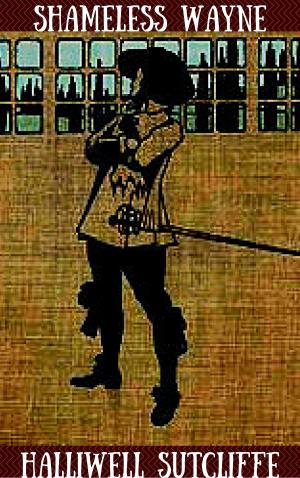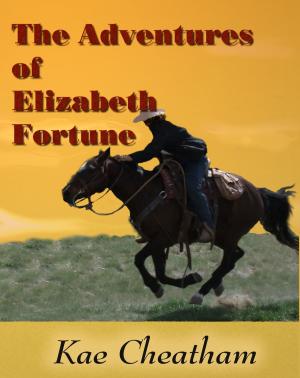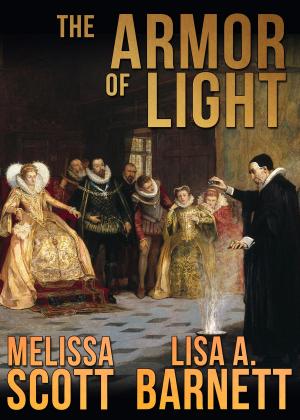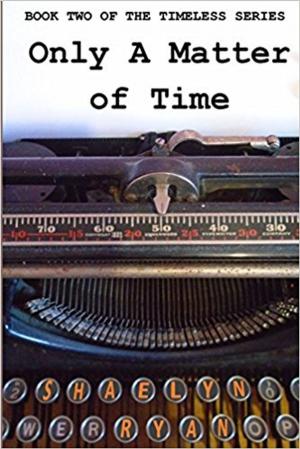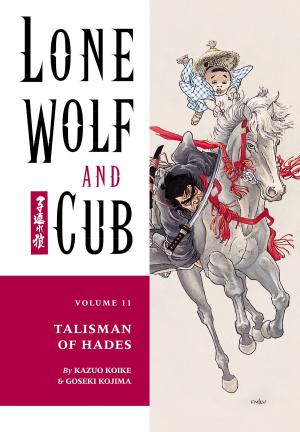| Author: | Chris Craig | ISBN: | 9780987245434 |
| Publisher: | Chris Craig | Publication: | January 8, 2013 |
| Imprint: | Smashwords Edition | Language: | English |
| Author: | Chris Craig |
| ISBN: | 9780987245434 |
| Publisher: | Chris Craig |
| Publication: | January 8, 2013 |
| Imprint: | Smashwords Edition |
| Language: | English |
The Mycenaeans occupied Greece and dominated their region for a thousand years. They famously conquered Troy. They built splendid palaces and constructed massive walls to protect their wealth.
Then, mysteriously, within a few short years, the Mycenaean citadels fell, their palaces burned and their civilisation vanished - without leaving evidence in the archaeological record of an invader or conquering army.
“Cold winds blew across an empty land; the two hundred year long ‘Greek Dark Ages’ had begun.”
Couched in the form of a novel, Last of the Mycenaeans offers an explanation for the collapse of this civilisation and the disappearance of its people. It also explores the human dimensions of such momentous events. Who were these people? What was it like to live in a collapsing society?
Last of The Mycenaeans places the characters in a context: the set of social relationships and sexual practices current in their Bronze Age society.
It follows the personal journey of Angeioplastis, the potter, through lust and love, marriage and loss, from conservative to radical. Crippled in mind and body from battle and slavery, the potter changes. By nature he is a conservative man, inclined to overlook the extravagances and shortcomings of the ruling class for the greater good. In time his observation of injustice leads to a Fabian view, favouring gradual change until, finally stripped of all he holds dear by the rulers, he declares:
“They have taken too much, this time.”
He has become a vengeful revolutionary. His journey is not complete, however, until he tastes the ashes of revenge in the cold light of a new dawn. Even as smoke rises from a collapsed civilisation, human optimism remains. He resolves to preserve the memories of his time as paintings on his pottery, for, as he believes:
“Where there is memory, there is hope.”
But was it hope without justification? He was, after all, last of the Mycenaeans.
The Mycenaeans occupied Greece and dominated their region for a thousand years. They famously conquered Troy. They built splendid palaces and constructed massive walls to protect their wealth.
Then, mysteriously, within a few short years, the Mycenaean citadels fell, their palaces burned and their civilisation vanished - without leaving evidence in the archaeological record of an invader or conquering army.
“Cold winds blew across an empty land; the two hundred year long ‘Greek Dark Ages’ had begun.”
Couched in the form of a novel, Last of the Mycenaeans offers an explanation for the collapse of this civilisation and the disappearance of its people. It also explores the human dimensions of such momentous events. Who were these people? What was it like to live in a collapsing society?
Last of The Mycenaeans places the characters in a context: the set of social relationships and sexual practices current in their Bronze Age society.
It follows the personal journey of Angeioplastis, the potter, through lust and love, marriage and loss, from conservative to radical. Crippled in mind and body from battle and slavery, the potter changes. By nature he is a conservative man, inclined to overlook the extravagances and shortcomings of the ruling class for the greater good. In time his observation of injustice leads to a Fabian view, favouring gradual change until, finally stripped of all he holds dear by the rulers, he declares:
“They have taken too much, this time.”
He has become a vengeful revolutionary. His journey is not complete, however, until he tastes the ashes of revenge in the cold light of a new dawn. Even as smoke rises from a collapsed civilisation, human optimism remains. He resolves to preserve the memories of his time as paintings on his pottery, for, as he believes:
“Where there is memory, there is hope.”
But was it hope without justification? He was, after all, last of the Mycenaeans.
